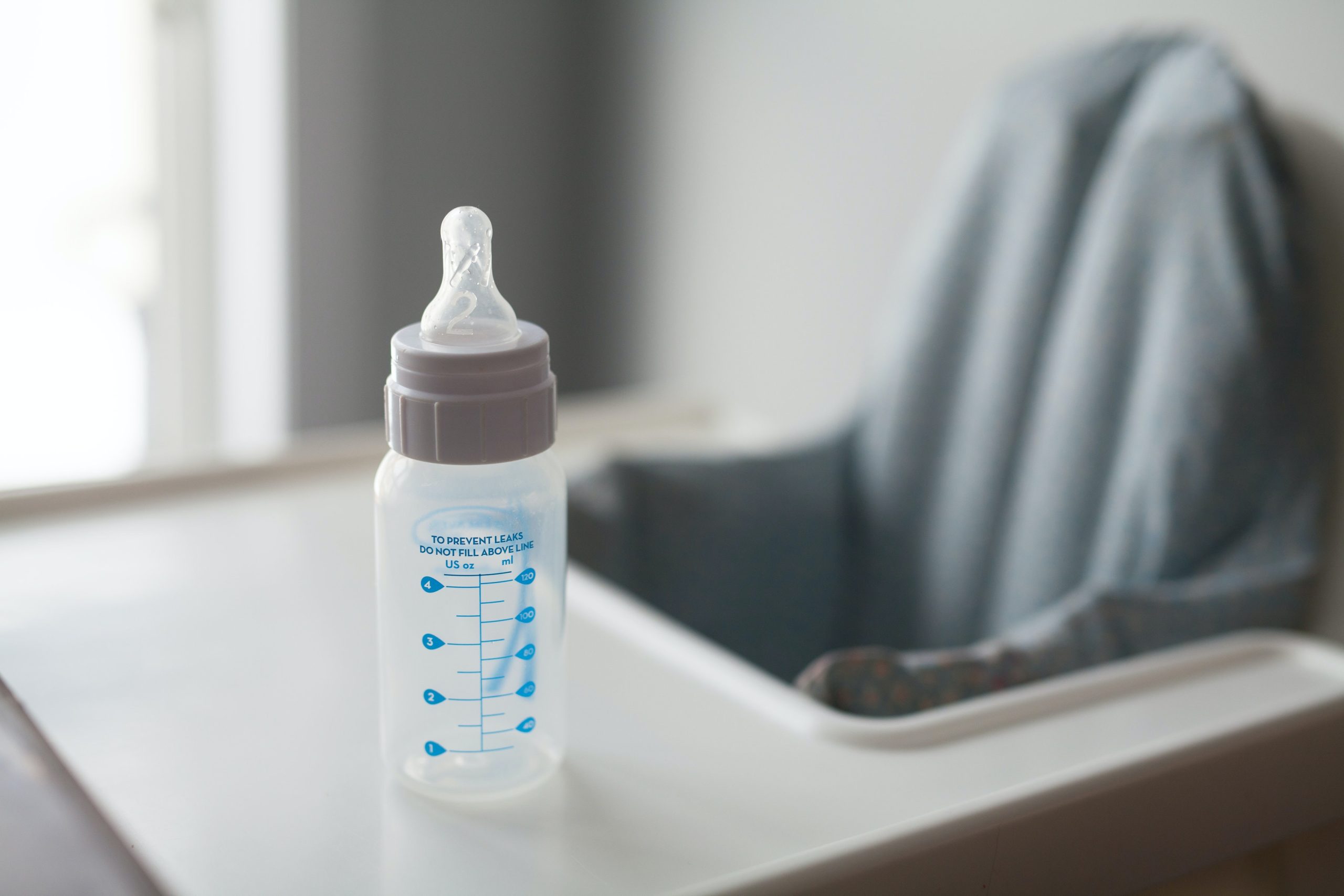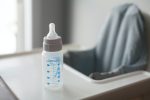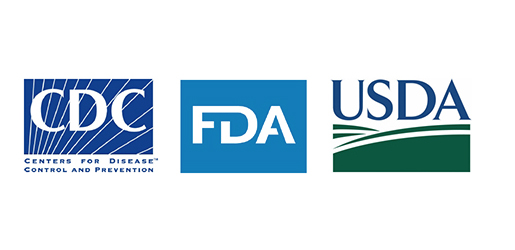The FDA has released an update on its investigation into a multistate outbreak of hepatitis A infections in the U.S. linked to fresh organic strawberries. The potentially contaminated strawberries were imported from Baja California, Mexico, and branded as FreshKampo and HEB by a common supplier; they were purchased between March 5, 2022, and April 25, 2022.
Consumers, restaurants and retailers should not sell, serve or eat any fresh organic strawberries branded as FreshKampo or HEB if purchased between March 5, 2022, and April 25, 2022. People who purchased the fresh strawberries and then froze those strawberries for later consumption should not eat them. They should be thrown away. Currently, the potentially contaminated product is past its shelf life. If you are unsure of what brand you purchased, when you purchased your strawberries or where you purchased them from prior to freezing them, the strawberries should be thrown away.
If consumers purchased fresh organic strawberries branded as FreshKampo or HEB between March 5, 2022, and April 25, 2022, ate those berries in the last two weeks, and have not been vaccinated against hepatitis A, they should immediately consult with their healthcare professional to determine whether post exposure prophylaxis (PEP) is needed. PEP is recommended for unvaccinated people who have been exposed to hepatitis A virus in the last two weeks because vaccination can prevent a hepatitis A infection if given within 14 days of exposure. Those with evidence of previous hepatitis A vaccination or previous hepatitis A infection do not require PEP.
The Public Health Agency of Canada and Canadian Inspection Agency are also investigating an outbreak of hepatitis A. The investigation in Canada involves two provinces: Alberta and Saskatchewan. Imported fresh organic strawberries have been identified as the likely source of that outbreak.
Currently, these fresh organic strawberries branded as FreshKampo and HEB products are past shelf life and are not available for purchase in stores. These products may have been sold at the following retailers, including, but not limited to:
- HEB
- Kroger
- Safeway
- Sprouts Farmers Market
- Trader Joe’s
- Walmart
- Weis Markets
- WinCo Foods
If you are unsure of what brand you purchased, when you purchased your strawberries, or where you purchased them from prior to freezing them, the strawberries should be thrown away.
Contact your healthcare provider if you think you may have symptoms of a hepatitis A infection after eating these fresh organic strawberries, or if you believe that you have eaten these strawberries in the last two weeks.




















